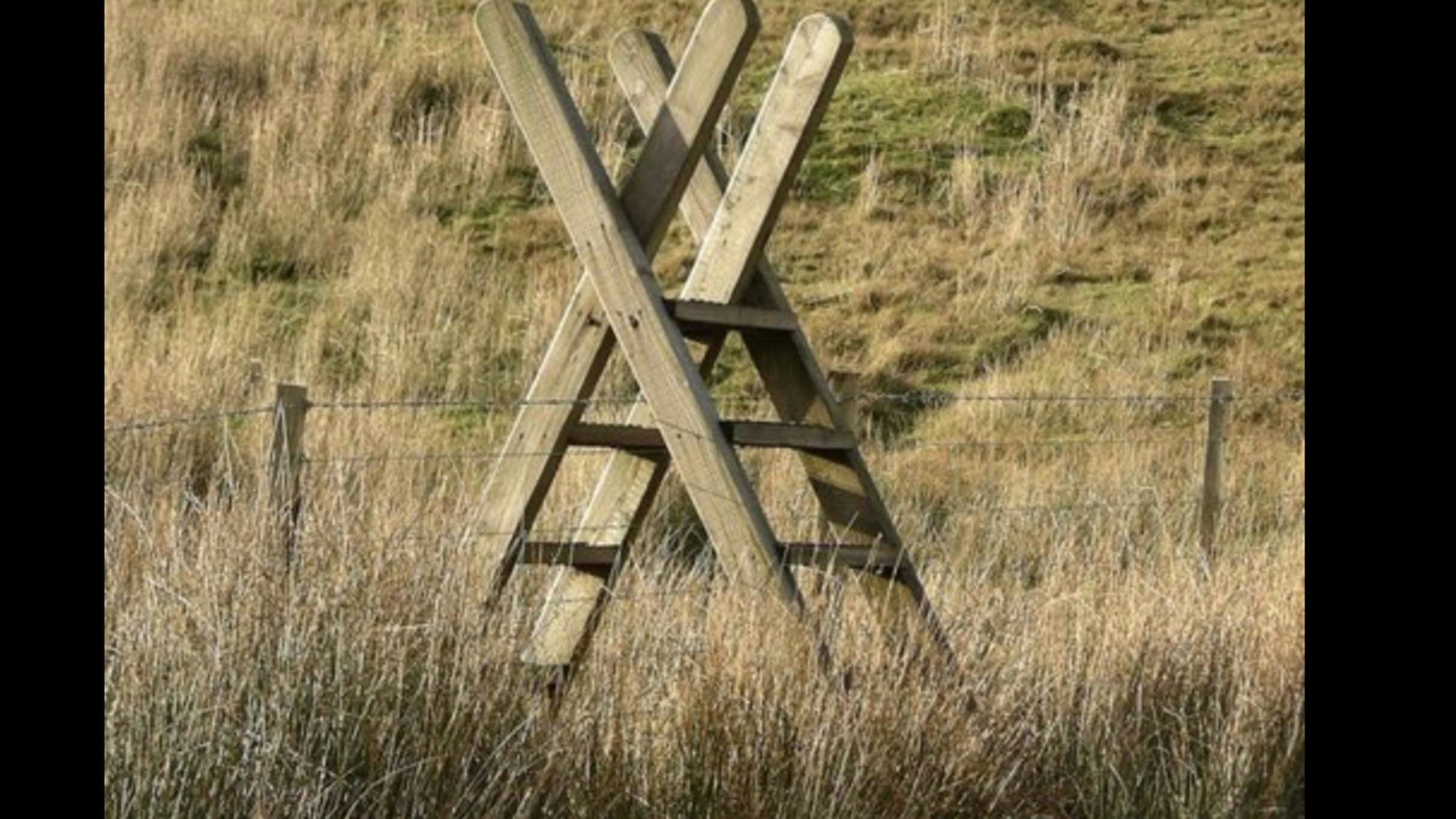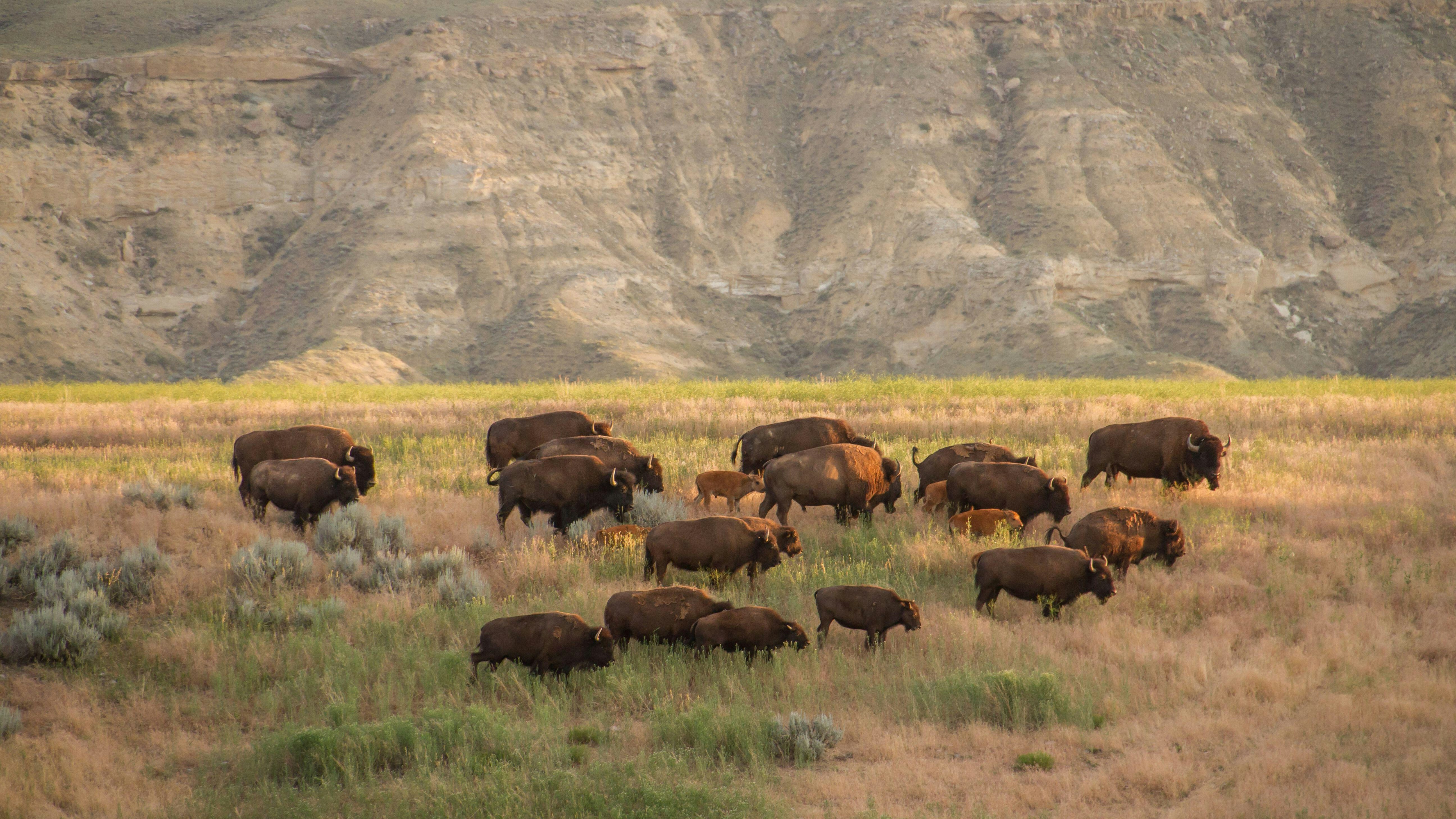By Jim Angell, Cowboy State Daily.
Federal court is the only place to decide whether a private landowner can control access to public land, according to the latest legal filing in the battle over hunters accused of violating a ranch’s private airspace.
As a result, the lawsuit filed against the hunters — an ongoing action separate from the criminal trespass charges some continue to face in state court — should remain in U.S. District Court and not be returned to state courts for resolution, said the documents filed on the hunters’ behalf.
The hunters face legal action on two fronts — criminal trespass charges filed against them in circuit court in Rawlins and the lawsuit filed against them by the ranch seeking damages for their alleged trespassing.
A six-member jury on Friday found the hunters innocent of trespass charges filed in connection with a 2021 incident, when they were accused of using a ladder-like device to cross from one piece of public land to another. New trespass charges were filed against three of the hunters on April 25, accusing them of trespassing on private land to access public land them in 2020.
Meanwhile, in the separate federal court action, the hunters on Friday filed a document expressing their desire to keep the lawsuit filed against them in U.S. District Court, arguing the issue of control over public land is one that needs to be settled by a federal court.
“Lurking behind and hulking over (Iron Bar Ranch’s) state court pleadings stands a federal law behemoth: exclusive control over ‘common corners’ in checkerboarded lands shared by private lands and federally owned public lands and, as a result, the right to access public lands,” the hunters said in their response to Iron Bar Ranch’s attempts to move the lawsuit back to state district court, where it originated.
“(Iron Bar’s) claims necessarily raise substantial, deeply disputed questions of federal law because (Iron Bar) effectively seeks ownership and exclusive control overt the federally owned public domain, a question expressly controlled by federal laws and assigned to the federal courts for resolution,” it continued.
Wyoming’s “checkerboard” land pattern creates a situation where parcels of public and private land alternate. Often, parcels of public land are diagonal from each other and share a common coroner with private lands.
The four Missouri hunters used a ladder-like device to cross from one piece of public property to another without trespassing on Iron Bar’s property, but they were accused of violating Iron Bar’s airspace.
The lawsuit filed by Iron Bar — separate from the criminal charges filed against the hunters — seeks $75,000 in damages on charges they violated the ranch’s airspace. It was originally filed in state court however, the hunters successfully argued that because the lawsuit raised issues of access to public lands, it should be heard in federal court.
Iron Bar, in a filing April 14, asked that the lawsuit be returned to state district court because the trespassing laws being debated are state laws, not federal.
But the hunters, in their April 28 filing, argued that through its lawsuit, Iron Bar is trying to control access to federal lands in violation of federal law.
“(Iron Bar) claims the exclusive right to possess, use and control the common corners in its property shares with federally owned public lands,” the filing said. “Through this case, plaintiff seeks to enforce this claimed right. Because exclusive control of the common corners is exclusive control over access to the public domain, (Iron Bar) necessarily raises the federal issue of whether private landowners may exclude the public from the public domain in this way.”
Because the final decision on the case will determine whether the public can access its own land, the lawsuit should remain in federal court, the filing said.
“The federal issues raised by (Iron Bar’s) claims are substantial because resolution of these claims here—in favor of (Iron Bar) as a private landowner or (the hunters) as members of the public— will decisively control whether the public may cross common corners shared by private and federally owned public lands to reach adjoining public lands for lawful purposes in every case, it said.





